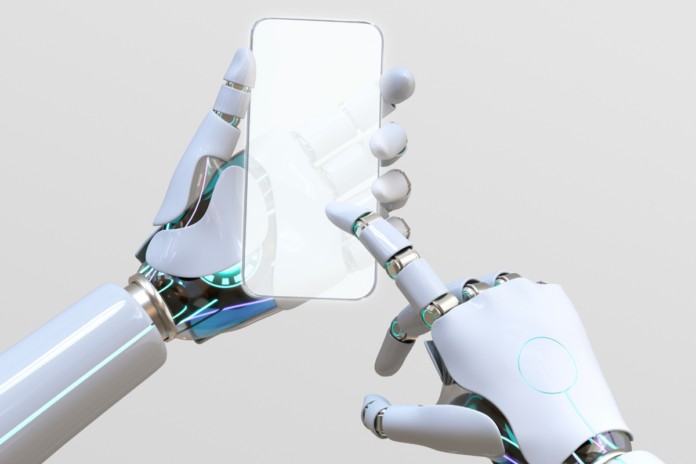By: Nick Gambino
We honestly can’t stop writing about AI because every week there’s something new and interesting and it’s not all ChatGPT. I think we’ll look back on these past couple months as being a pivotal moment in the history of artificial intelligence – at least as it pertains to the consumer’s adoption of it as a tool.
In this episode of AI is Everywhere, Google is now allowing people to start using their recently announced AI chatbot, Bard. The tool, which is supposed to operate separately from Search but also in tandem, is the company’s answer to the super popular ChatGPT.
“Today we’re starting to open up access to Bard, our early experiment that lets you collaborate with generative AI,” a tweet from Google reads. “You can use Bard to boost your productivity, accelerate your ideas and fuel your curiosity.”
Today we’re starting to open up access to Bard, our early experiment that lets you collaborate with generative AI. You can use Bard to boost your productivity, accelerate your ideas and fuel your curiosity. Learn more, including how to sign up ↓ https://t.co/4zDI5RD1fr
— Google (@Google) March 21, 2023
In order to begin using Bard in your searches you’ll have to opt in at bard.google.com. Google will put you on a waitlist and when it’s your turn you can take the AI tool for a spin. Just watch out for major potholes.
In a blog post announcing its launch to the general public, Google was transparent about the errors in some of Bard’s responses. The LaMDA-powered chatbot is a large language model (LLM) and will sometimes confidently give you an answer that is just plain wrong. It’s probably its most human quality to be honest.
“While LLMs are an exciting technology, they’re not without their faults,” VP of Product, Sissie Hsiao, and VP of Research, Eli Collins, said in the blog post. “For instance, because they learn from a wide range of information that reflects real-world biases and stereotypes, those sometimes show up in their outputs. And they can provide inaccurate, misleading or false information while presenting it confidently.”
All that is to say, be wary of Bard results as you should with any internet search results. Just because it shows up on the first page doesn’t mean it’s true. Internet research needs to share the wheel with critical thinking.
I think we’ll know within the next six months or so if Bard or any of these other AI chatbots, like Microsoft’s redesigned Bing, are going to stick around or not. It’s all about user adoption. If people are simply attracted to the novelty, then it’ll go the way of MySpace.










